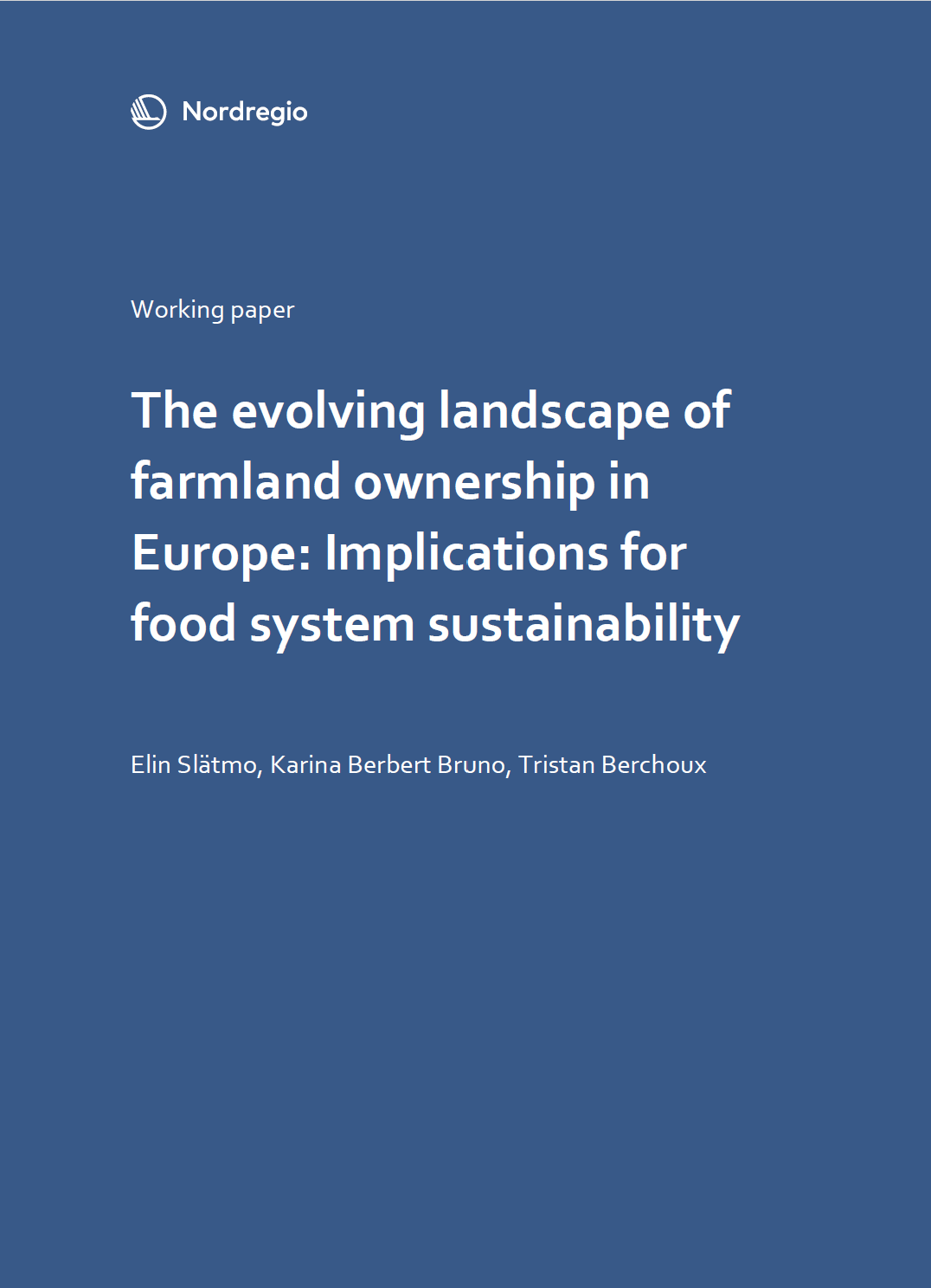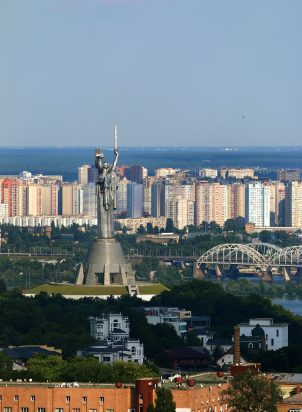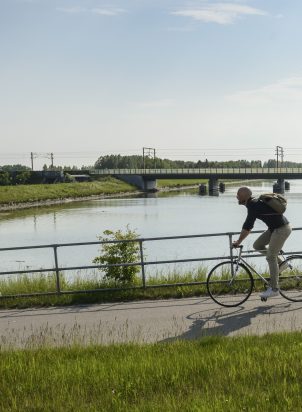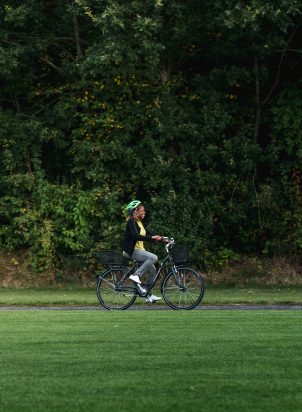Abstract
This study examines the evolving dynamics of farmland ownership in Europe, focusing on the implications of ownership changes, foreign direct investments (FDI), and land concentration on the sustainability and resilience of European food systems. A scoping review of academic literature, available data sources, and policy documents revealed a knowledge gap regarding the evolution of European farmland ownership and its sustainability impacts. To address this, a pan-European geospatial statistical analysis was conducted, identifying ownership patterns, temporal changes and related economic performance. Subsequently, the statistical analysis provides a foundation to assess how ownership transformations affect food system sustainability and resilience. Findings show that in 2020, family farms were the dominant landowners across Europe. However, between 2016 and 2020, a shift toward company-owned farms occurred, particularly in Central and Eastern Europe. Drawing on global research on land acquisitions and sustainable agriculture, the study underscores that while company-owned farms may offer economic efficiencies, family farm ownership is vital for food security and local control over land and production. The study calls for continued monitoring of ownership trends and deeper investigation into their benefits, risks, and consequences. It recommends policy measures that balance investment incentives in the European food system with protections for local communities, that promote transparency in land transactions, and safeguard the long-term sustainability of European agriculture by upholding labor and environmental standards.
Keywords
Farmland, Ownership, Europe, Resilience, Sustainability, Land acquisitions, Geospatial analysis, Food security
_______________
This Nordregio Working Paper presents the title and abstract of an article that has been published in Land Use Policy journal. The full article is available here: https://www.sciencedirect.com/science/article/pii/S0264837725003710?via%3Dihub







